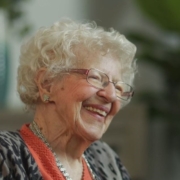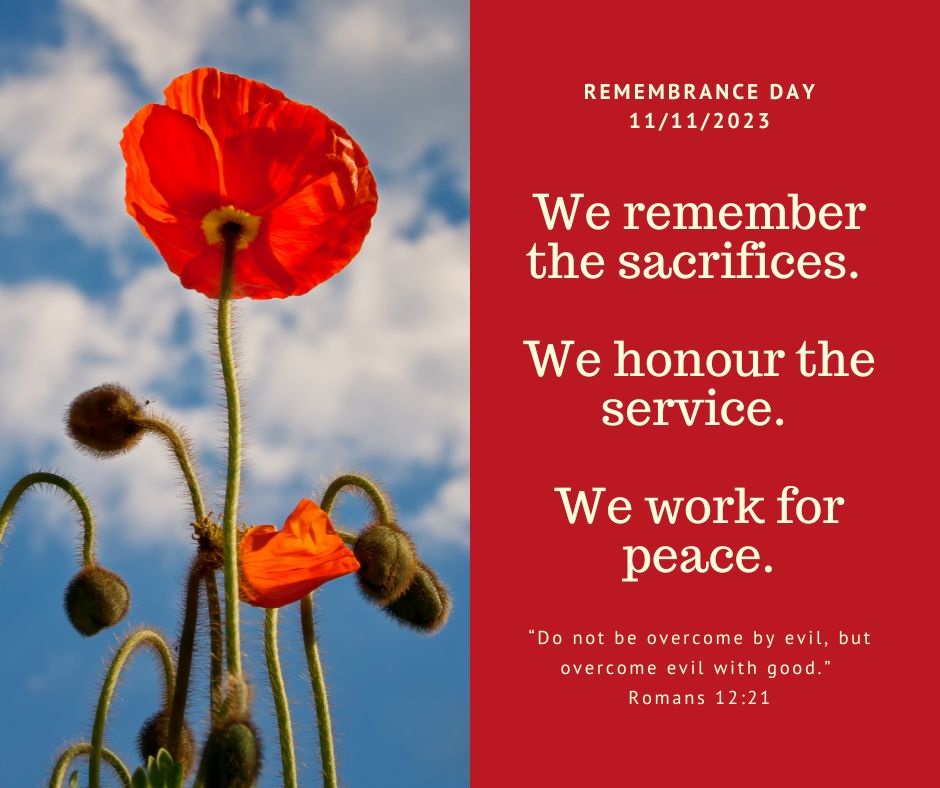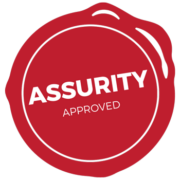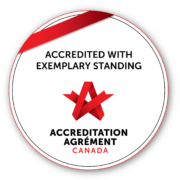Menno Hospital Transition from ARH Pharmacy to Apex Pharmacy
Date: January 3, 2024
To: All Menno Place staff, residents, and Families
From: Smitha Varghese, Director of Care, Menno Hospital
Re: Menno Hospital pharmacy transition from ARH pharmacy to Apex pharmacy
We are pleased to announce that Apex Pharmacy will be our new pharmacy partner for Menno Hospital Long-term care beds. This change will commence on January 8th at 8am. There is nothing that residents or their families need to do at this time. Menno Place will take care of all of the details.
Menno Place has a long-standing relationship with Apex at Menno Home and Terrace East Assisted Living. We have known Apex Pharmacy co-founders Elke and Jason for a very long time. They specialize in working with seniors and are well known in the community for their excellent services and wide range of products. We are excited about this expanded partnership!
This transition will provide opportunities to improve resident care and enhance staff experience. We will introduce new procedures like e-MAR (electronic medication administration record) and online medication incident form and will be able to have clinical pharmacist participation in our care conferences. We anticipate your cooperation and support during this process to ensure seamless transition and a successful partnership and collaboration.
Please feel free to reach out to me for any questions/further information regarding this transition.













